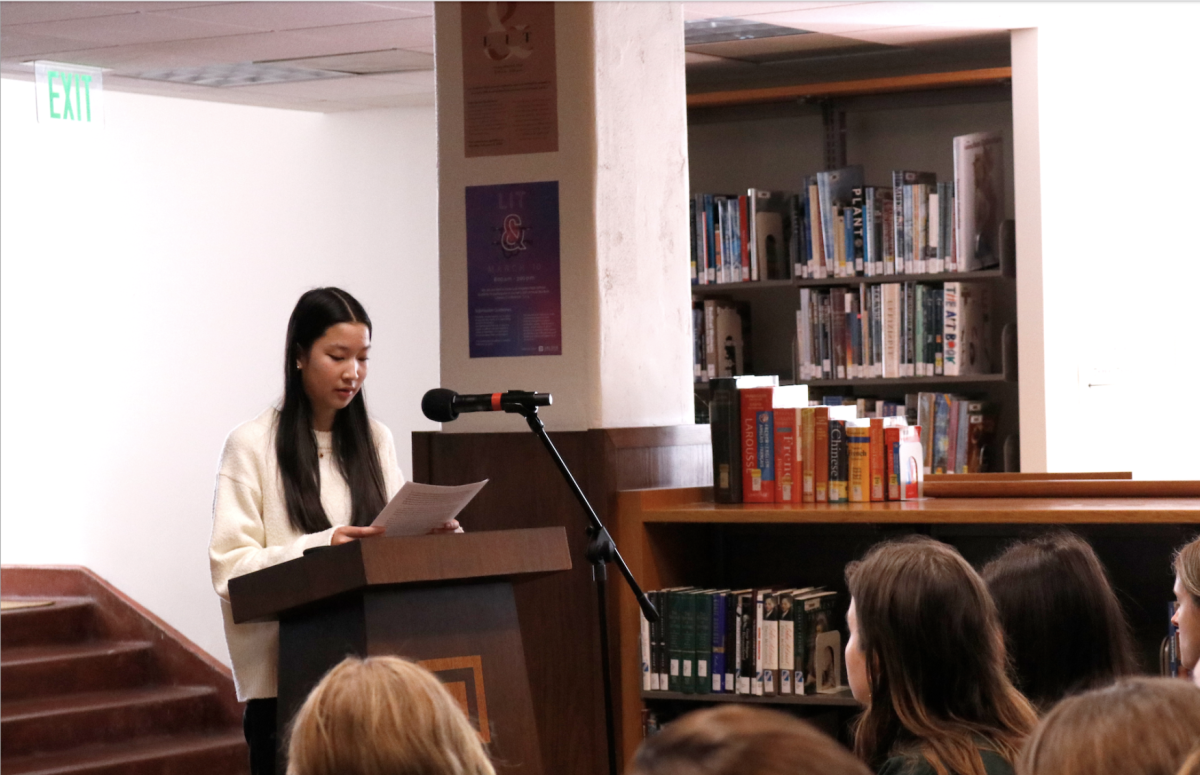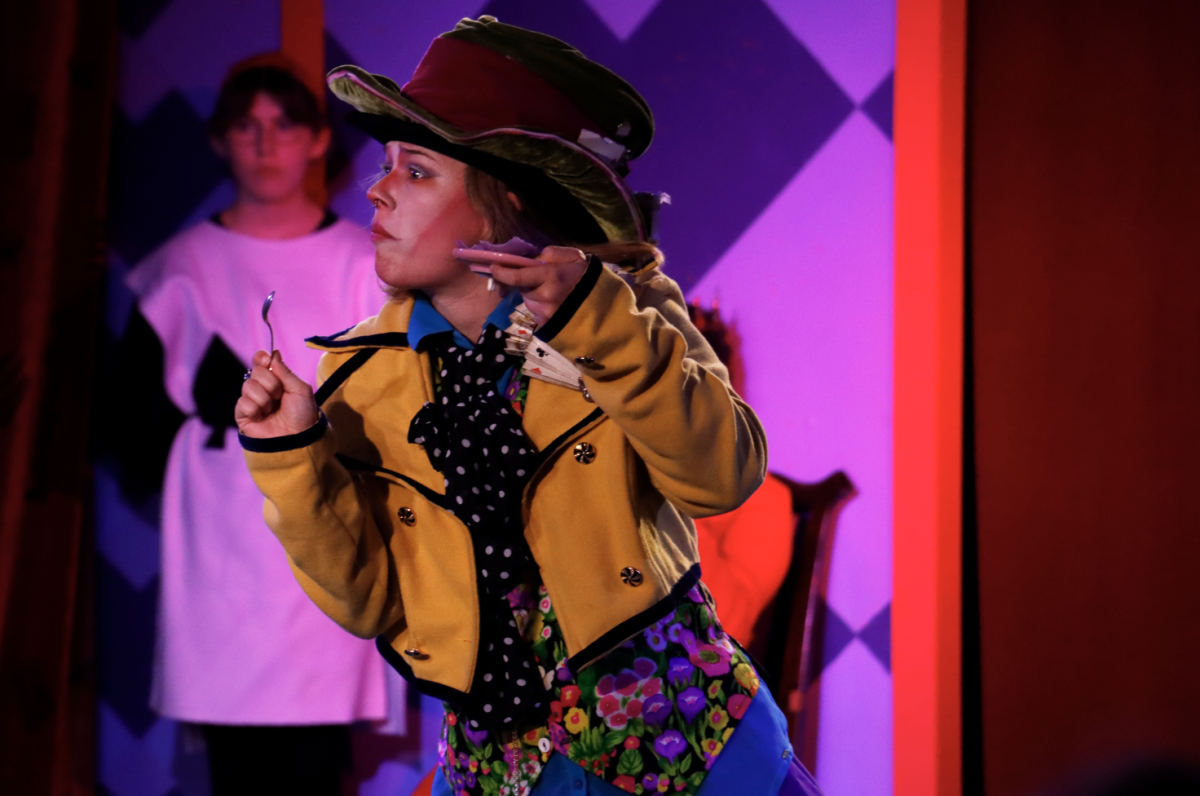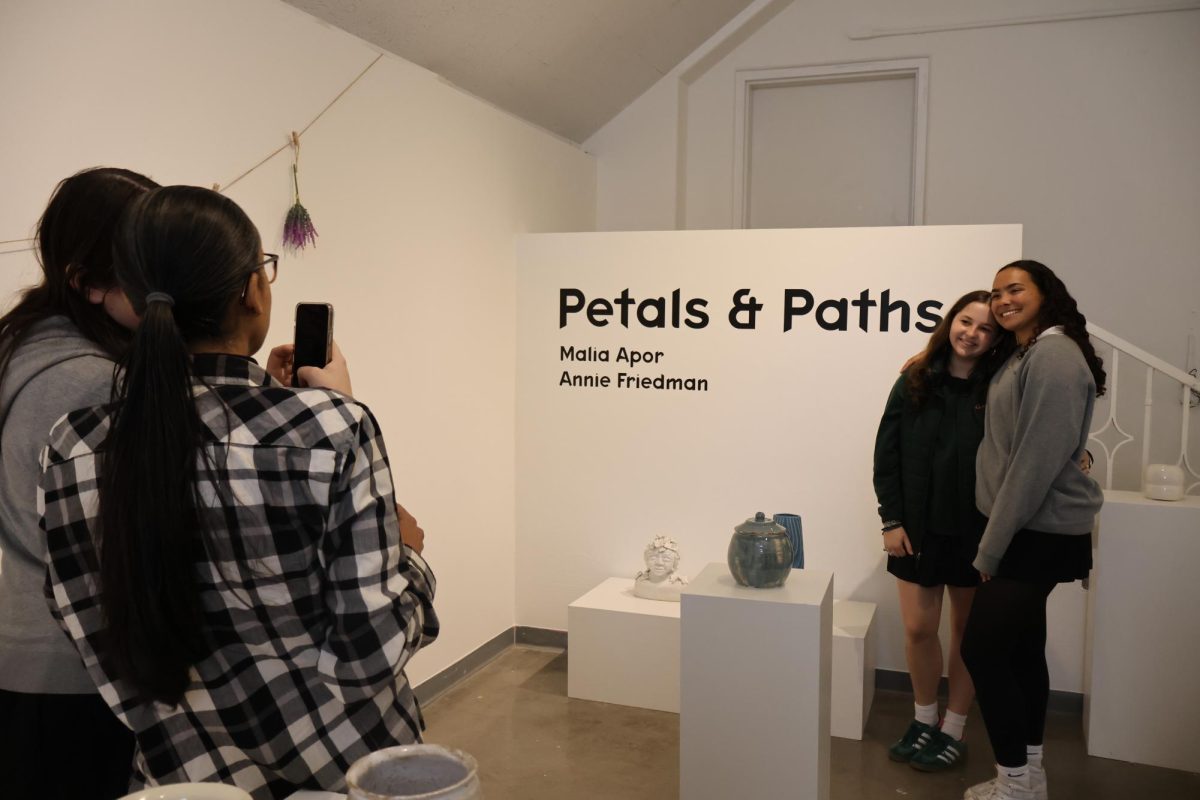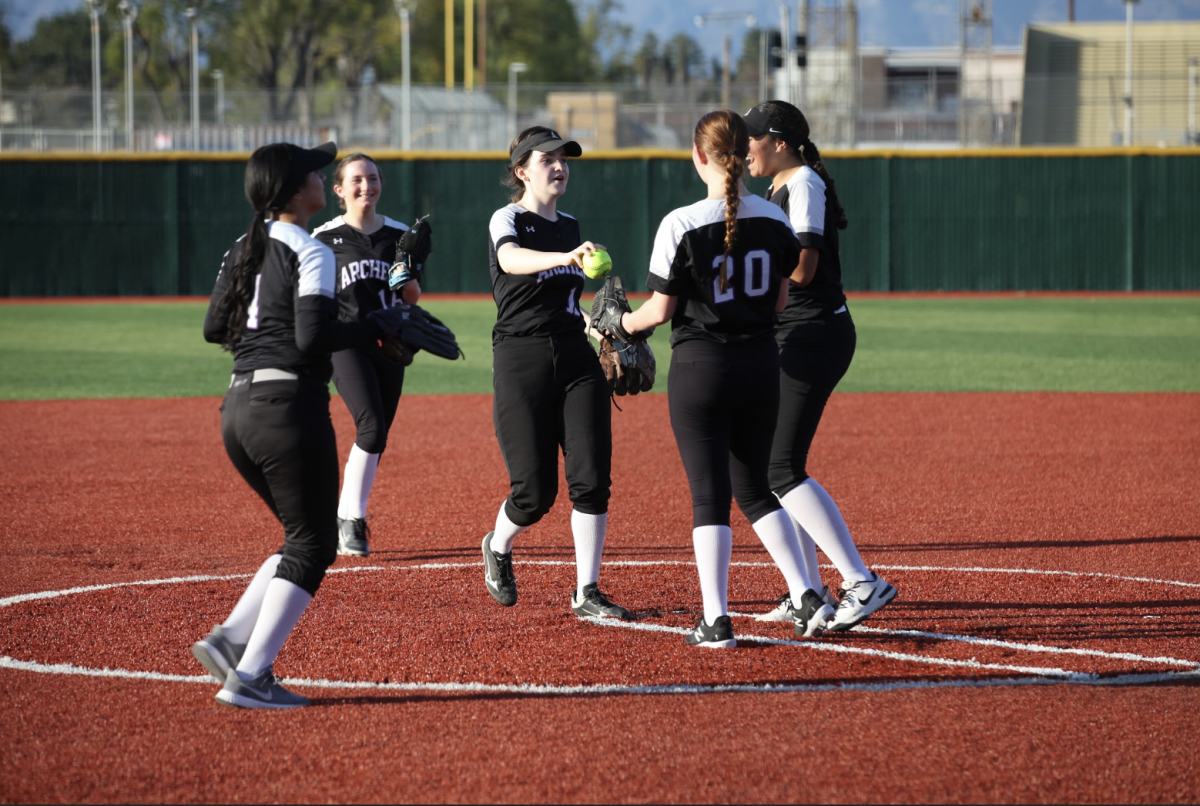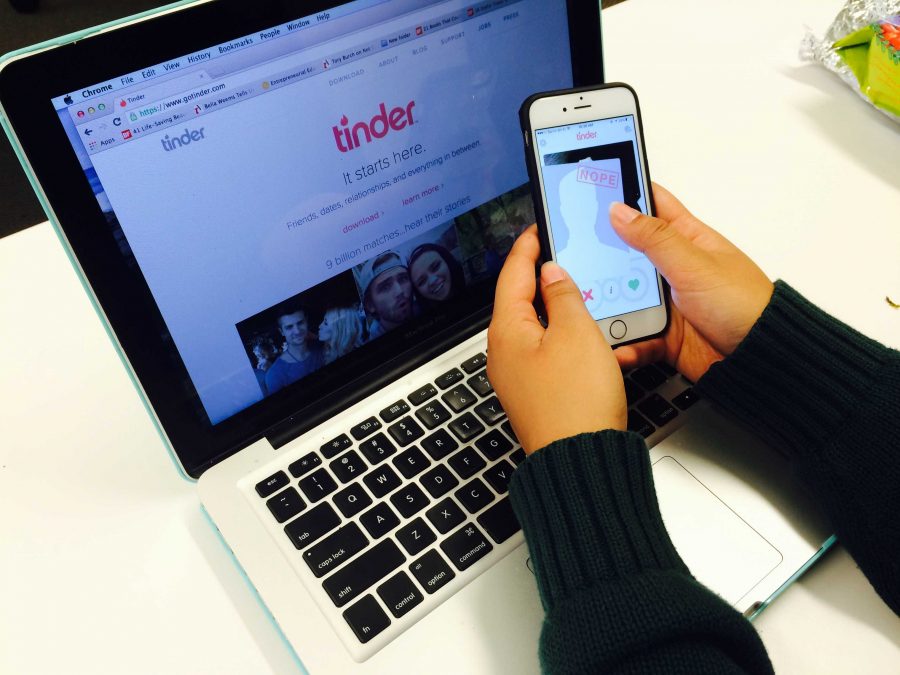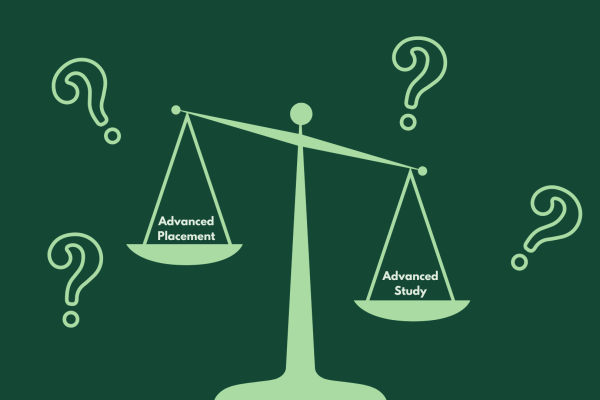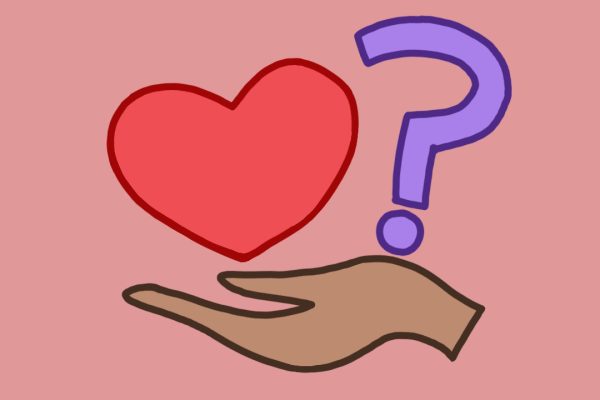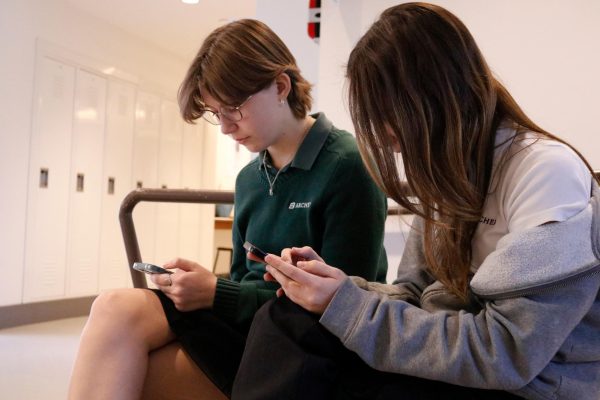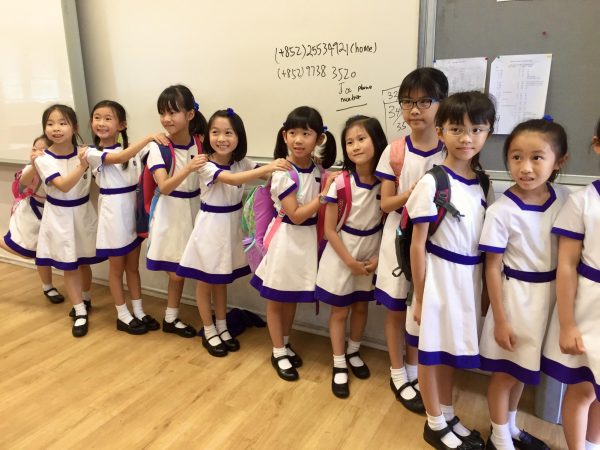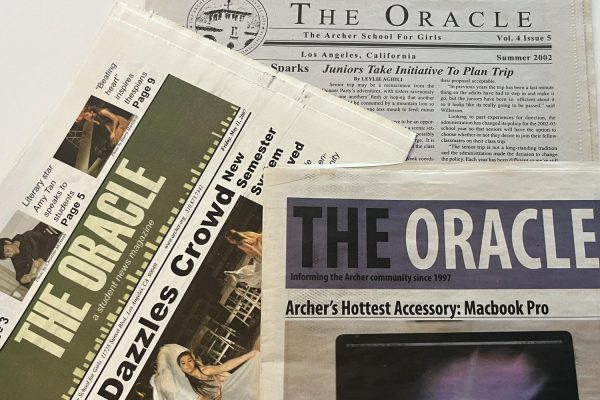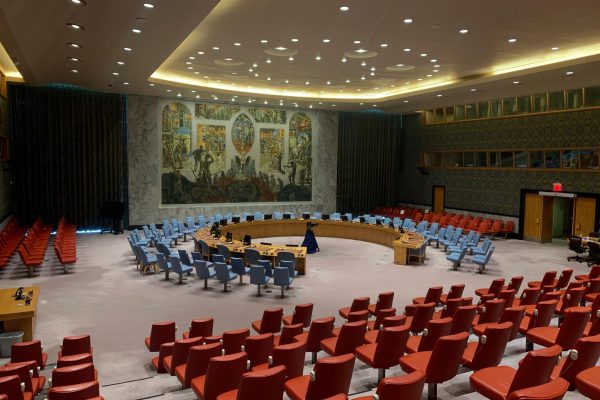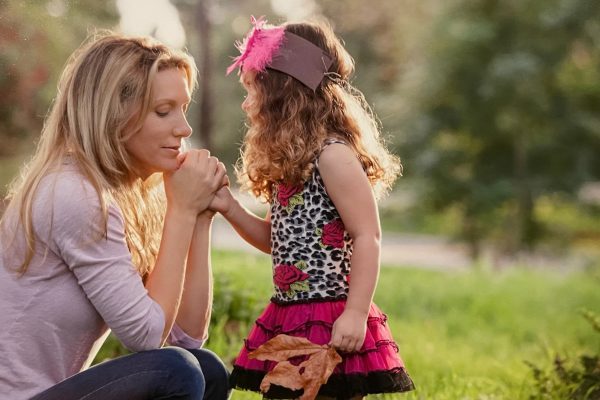Op-Ed: Tinder perpetuates sexism
December 17, 2015
When scrolling through Instagram over the summer, I came across an account called Bye Felipe. The account posts predominantly heteronormative conversations on Tinder through women’s perspectives.
The screenshots of the conversations posted typically revealed an interaction between a man and woman matched on Tinder. As the interaction went on, when the woman denies the pursuit of a man, he replies back by sexualizing or offending her.
It disturbs me that in the Tinder culture, men think they can hide behind the screens and blatantly be rude to women if they don’t get the response they are hoping for.
As online dating becomes more and more prevalent in today’s society, finding love is simply a swipe away. With a countless number of free dating apps available, meeting “the one” has never been easier.
Tinder, one of the top dating apps, is popularly used by people seeking connections with others in their area. Out of the plenty teens and other users ranging from ages twenty, thirty, and forty-year-olds, people 18 to 24 years old make up 51 percent of Tinder users.
Upon signing up, users create a profile and upload their best “selfies” and profile pictures in order to attract potential suitors. They are then shown photos one at a time of individuals that meet their desired gender, location and age specifications.
This app is known for a swiping feature that allows users to swipe right on someone’s photo to connect with them or swipe left to skip them. When two users both display interest in one another, they are able to message back and forth if they choose to do so.
And that is where it starts.
The goal behind Tinder is to create a connection based off of physical attraction, and the personal relationship is supposed to come afterwards. In an ideal world, a match is made, and the pair either finds love or respectfully declines the pursuit of the relationship.
However, in reality, this is not always the case.
The idea of there being a human buffet for people to choose from based on appearance is what encourages our society to believe looks matter more than any other type of connection. Women are held to higher beauty standards in an already highly constructive, pressure-filled society.
The app and its ideologies also further breed the social stigma behind casual hookups and casual dating, which is socially acceptable for men, but not women.
Expectations that Tinder and other dating apps create continue to perpetuate male privilege. The double-standard between what society deems acceptable for what women is not only a problem in and of itself; but the pressures of social media extend those standards into the dating world and worsen the situation.




![Freshman Milan Earl and sophomore Lucy Kaplan sit with their grandparents at Archer’s annual Grandparents and Special Friends Day Friday, March 15. The event took place over three 75-minute sessions. “[I hope my grandparents] gain an understanding about what I do, Kaplan said, because I know they ask a lot of questions and can sort of see what I do in school and what the experience is like to be here.](https://archeroracle.org/wp-content/uploads/2024/03/grandparents-day-option-2-1200x800.jpg)
